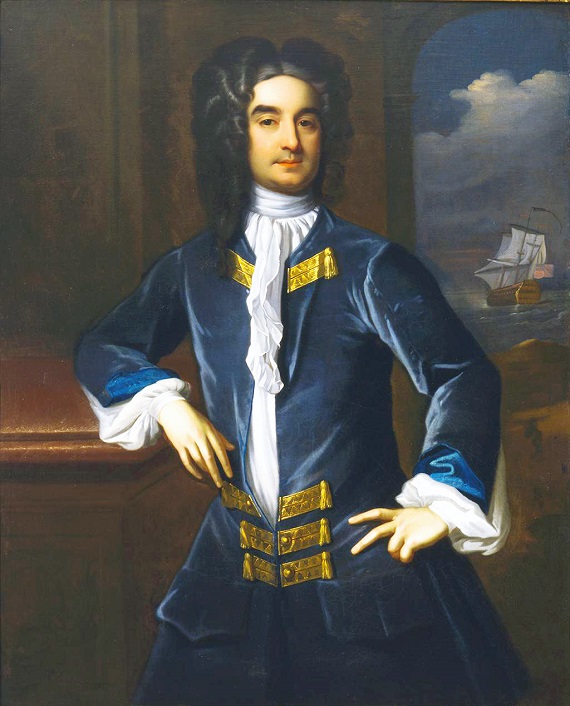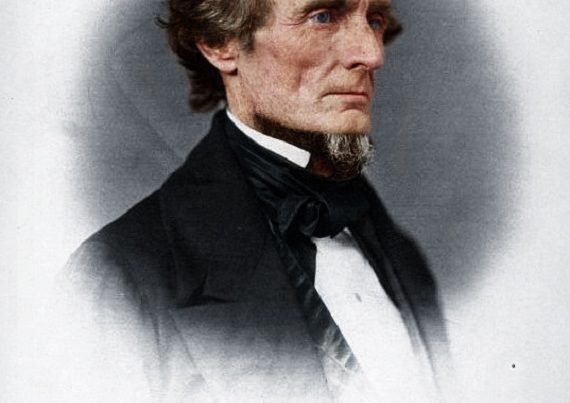
EBENEZER COOKE (fl. ca. l 680s–1730s?) of Maryland is a major figure in Colonial American literature. He is best known for the long satirical poem “The Sot-Weed Factor.” (The sot-weed is tobacco, mainstay of the Southern and American economy in the colonial period, and the factor is a figure long familiar in the South—the merchant who sold and exported the plantations’ tobacco, cotton, or rice, and shipped to the plantation such purchased goods as were requested. (A Yankee writer named Barth in the 20th century appropriated Cooke’s title for a novel.) The first item is from “The Sot-Weed Factor” (1708) and the second is a preface to Cooke’s long poem “The Maryland Muse.” (1731). Cooke shows the humorous and positive spirit of the South at a time when the literature of New England consisted entirely of Puritan cant.
While riding near a Sandy Bay,
I met a Quaker, Yea and Nay;
A Pious Conscientious Rogue,
As e’er woar Bonnet or a Brogue,
Who neither Swore nor kept his Word,
But cheated in the Fear of God;
And when his Debts he would not pay,
By Light within he ran away.
*
Old poet,
As you may remember,
You told me sometime in September
Your pleasant Muse was idly sitting,
Longing for some new Subject fitting
For this Meridian, and her Inditing,
Worth Praise and Pence for Pains in Writing.
I therefore (thinking it great Pity
A Muse should pine, that is so witty)
Have sent an old, authentic Book,
For Her in Doggrel Verse to Cook;
For since it never was in Print,
(Tho’ wondrous Truths are written in’t)
It may be worthy Clio’s Rhimes,
To hand it down to future Times.
* * * * * * *
WILLIAM BYRD II (1674-1744) of Virginia was a major figure of Colonial America as both a public man and a writer. He wrote prolifically on many subjects, but his Secret Diary and History of the Dividing Line, not published until the 20th century, are among the most important works of American literature of the early 1700s. Below is his self-written epitaph for his tomb at Westover Plantation in Charles City County, Virginia.
Being born to one of the amplest fortunes in this country
he was early sent to England for his education
where under the care and direction of Sir Robert Southwell
and ever favored with his particular instructions
he made a happy proficiency in polite and varied learning.
By the means of the same noble friend
he was introduced to the acquaintance of many of the first
persons of the age
for knowledge, wit, virtue, birth, or high station
and particularly contracted a most intimate and bosom friendship
with the learned and illustrious Charles Boyle, Earl of Orrery.
He was called to the Bar in the Middle Temple
studied for some time in the Low Countries,
visited the Court of France
and was chosen fellow of the Royal Society.
Thus eminently fitted for the service and ornament of his country
he was made receiver general of his majesty’s revenues here
was thrice pointed public agent to the court and ministry of England
and being thirty-seven years a member
at last became President of the Council of the colony.
To all this were added a great elegance of taste and life
the wellbred gentleman and polite companion
the splendid economist and prudent father of a family
was the constant enemy of all exorbitant power
and hearty friend to the liberties of his country.






